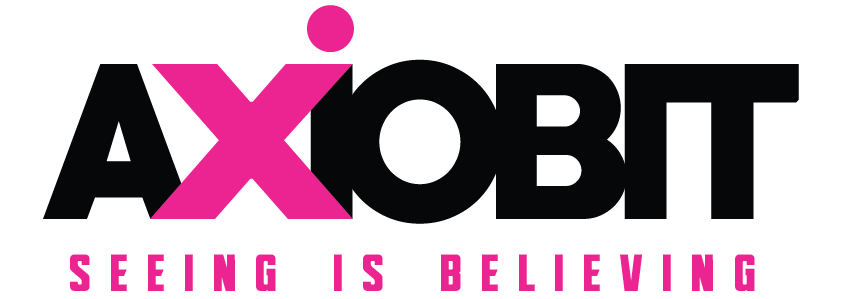“The noblest pleasure is the joy of understanding.” Leonardo Da Vinci
DEFINITIONS
Imposture: an instance of pretending to be someone else in order to deceive others.
Business Consultant: a professional who analyzes business, creates analyzes solutions to problems, and helps businesses develop efficient plans for meeting their goals.
THE SITUATION
Today, the entire consulting culture is based on the so-called “Know How.” This happens even if the “Know How” approach is arguably arrogant, false, inappropriate and it is often the most relevant source of failure. It has happened not only in business, but also in education, politics, or the public policy realm. In the end, it is a rather thoughtless prophecy.
In considering the knowledge funnel approach, business consultants pretend to know the related algorithm and they try to implement (or directly impose) something diffuse, untested, and irrelevant. In many situations, the so-called consulting outcomes produce serious damage or are ignored by the recipients. Moreover, agreements themselves exclude implementations.
Pretending that consultants know the algorithm is a form of imposture, albeit a refined one. They do not know the algorithm, the only thing they aim for is to understand some business objects for investigation and to set up some parallel business procedures. Therefore, more than 80% of the business consulting projects fail nowadays in terms of expected outcomes, money, as well as time.
In this context, Forbes publications have explored a few limitations within business consulting projects:
- Only half of respondents used the same consultancy again, despite the fact that 92% of executives say the consulting project was successful. This exposes a serious dichotomy between expressed satisfaction and willingness to rehire the same firm.
- Defining and managing the project and its scope was among the most significant challenges for executives. Although the outset of the project is critical to success, just over half (58%) of executives worked with consulting firms on the project’s strategic direction before starting work.
- Change management capabilities are lacking, as many consulting firms deliver a PowerPoint presentation and leave the execution to the client. A related survey revealed that communicating with internal teams and management is among the top five challenges for consulting firms.
- Companies don’t know how to define success for strategic projects, as is revealed by their preferred method of payment. Most companies (59%) prefer to pay without taking results into consideration, whether based on a flat fee or hourly charges.
The Standish Group 2015 CHAOS report showed that out of all 50,000 management consulting projects in the study, 71% failed to meet three core criteria: on time, on budget, and with satisfactory results. The problem is even higher for big projects. Medium-sized projects failed at 91% and large projects at 94%. That’s scary since a PwC Report asserts that consulting projects between 2014 and 2020 could reach $29 trillion! Does this mean that $27 trillion is at some risk? This 71% failure rate reflects the expected outcome of all projects, including small, medium, and large.
- 2013 – 31% of projects successful
- 2014 – 28% of projects successful
- 2015 – 29% of projects successful
Today, the experts estimate that the successful rate is less than 25% overall.
CONCLUSIONS
The “Know How” driven consulting often fails due to the following:
- The ever increasing complexity of this world;
- The differentiation of the success formula from an organization to another;
- The normalization of functional illiteracy as the human brain transformation phenomenon.
The status/definition of the consultant should be redesigned. It should move to a knowledge building approach. This, in turn, should be able to speed the organization client transition up, from mystery to algorithm.
However, in any circumstances, the consultant remains an impostor. He/she is a learner; ultimately, he/she should use the client knowledge & development for his/her own benefit.
